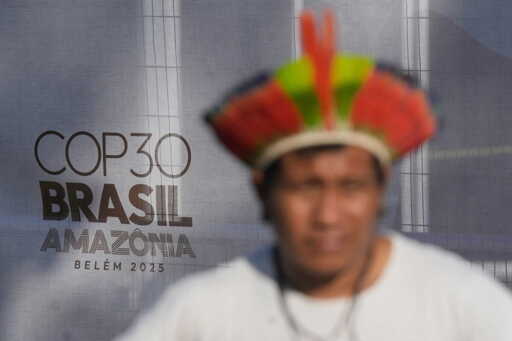BELÉM, Brazil — The U.N. Climate Change Conference (COP30) launched in the Amazonian city of Belém this Monday, Nov. 10, with high expectations that Brazil would help drive bold climate commitments from participating nations. Yet, the host country is facing myriad environmental controversies — from new oil projects to fast-tracking environmental licensing — that threaten its credibility as host. Experts interviewed by Mongabay noted that many delegations find themselves in similar situations at home, making it harder for countries to hold one another accountable. Less than a month before the summit opened, Brazil’s environmental agency, IBAMA, granted the country’s first oil exploration license close to the Amazon coast. The drilling site, 500 kilometers (310 miles) from the mouth of the Amazon River, holds one of the most biodiverse marine regions in the world. The project had been in discussion for more than a decade and faced strong opposition from local communities and environmentalists over the risks of oil spills. In August, Brazil had already raised eyebrows when the national antitrust regulator ordered the end of the Soy Moratorium. The pact committed agribusiness traders to avoid buying soy grown on Amazon land that had been deforested after 2008. The regulator’s decision, based on competition concerns, dismantled one of the few effective brakes on soy’s advance into the Amazon. For now, the Supreme Court has frozen the decision, but pressure from agribusiness to end the deal remains. Meanwhile, the Brazilian Congress has been pushing for a new environmental licensing legislation dubbed the “devastation…This article was originally published on Mongabay
From Conservation news via this RSS feed


